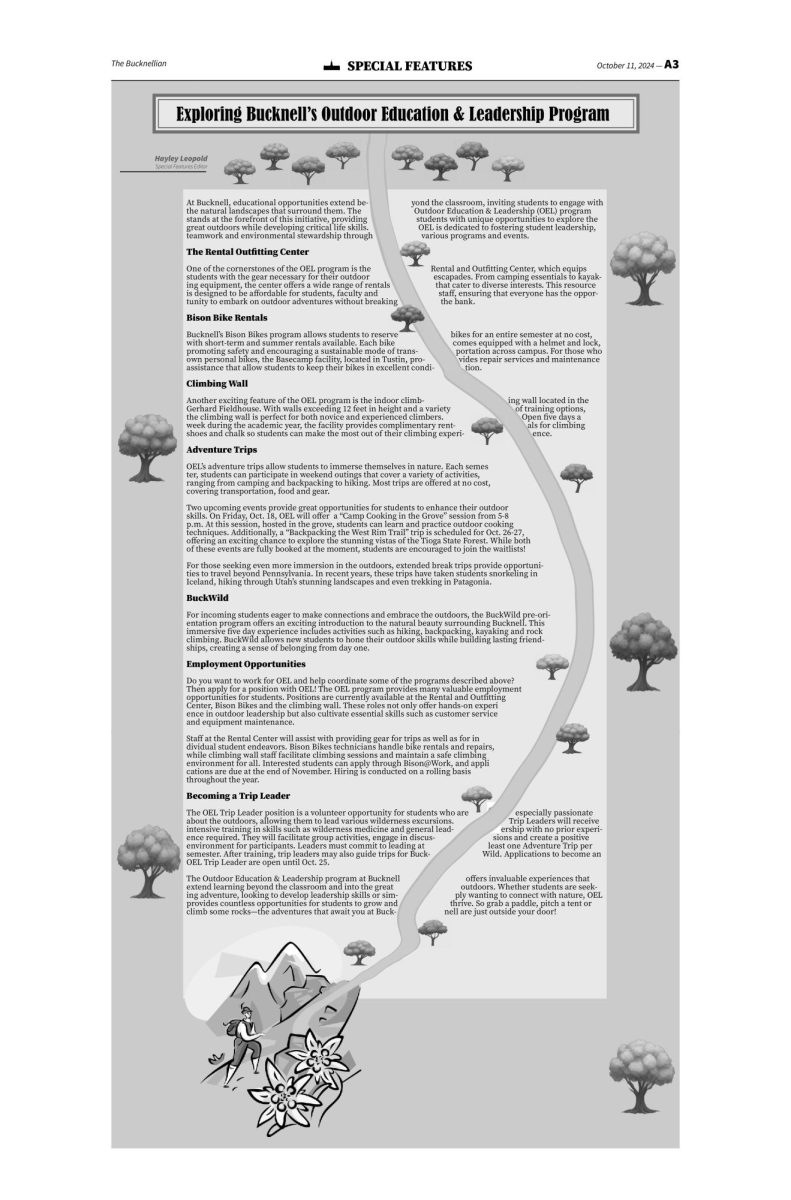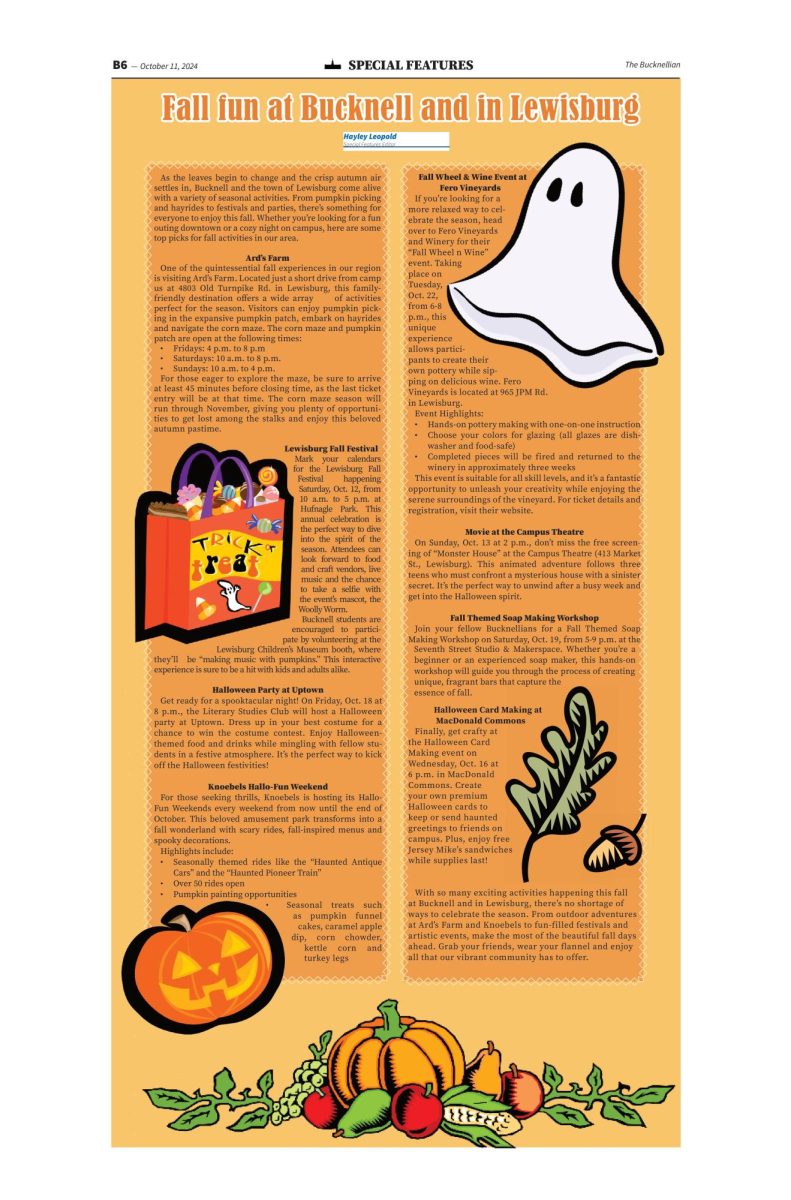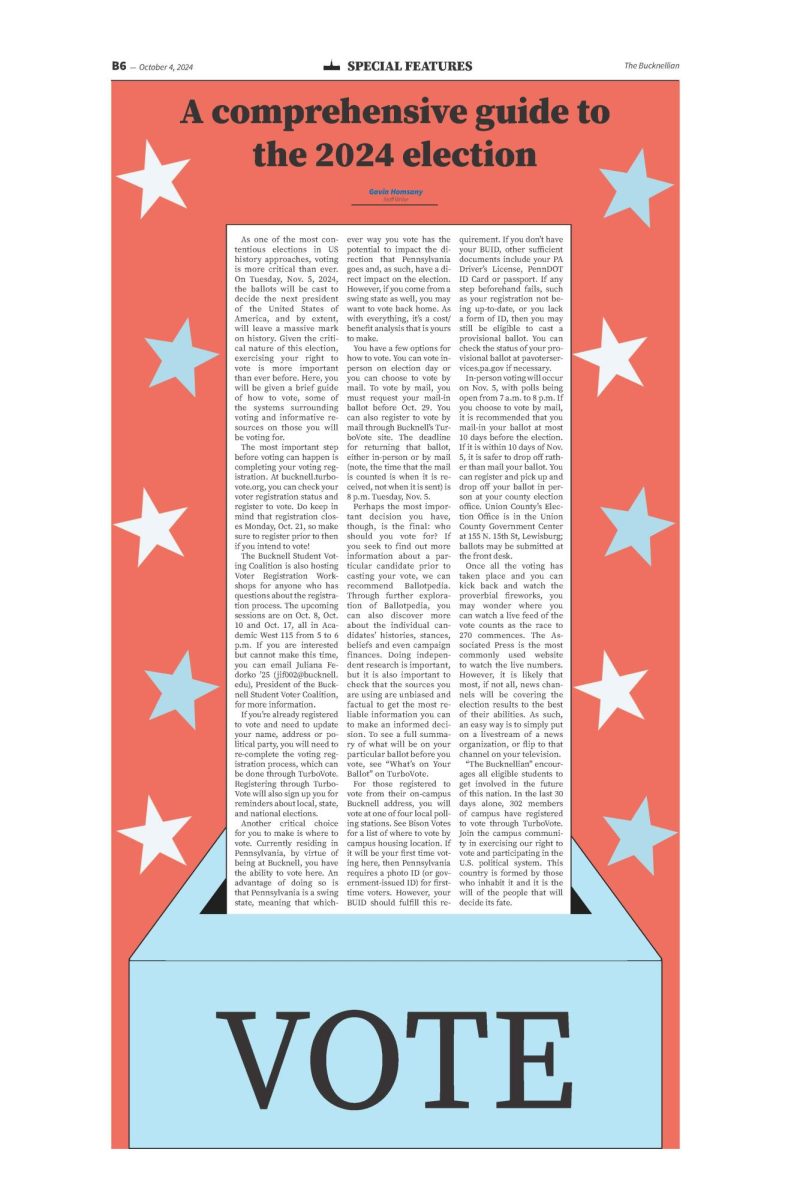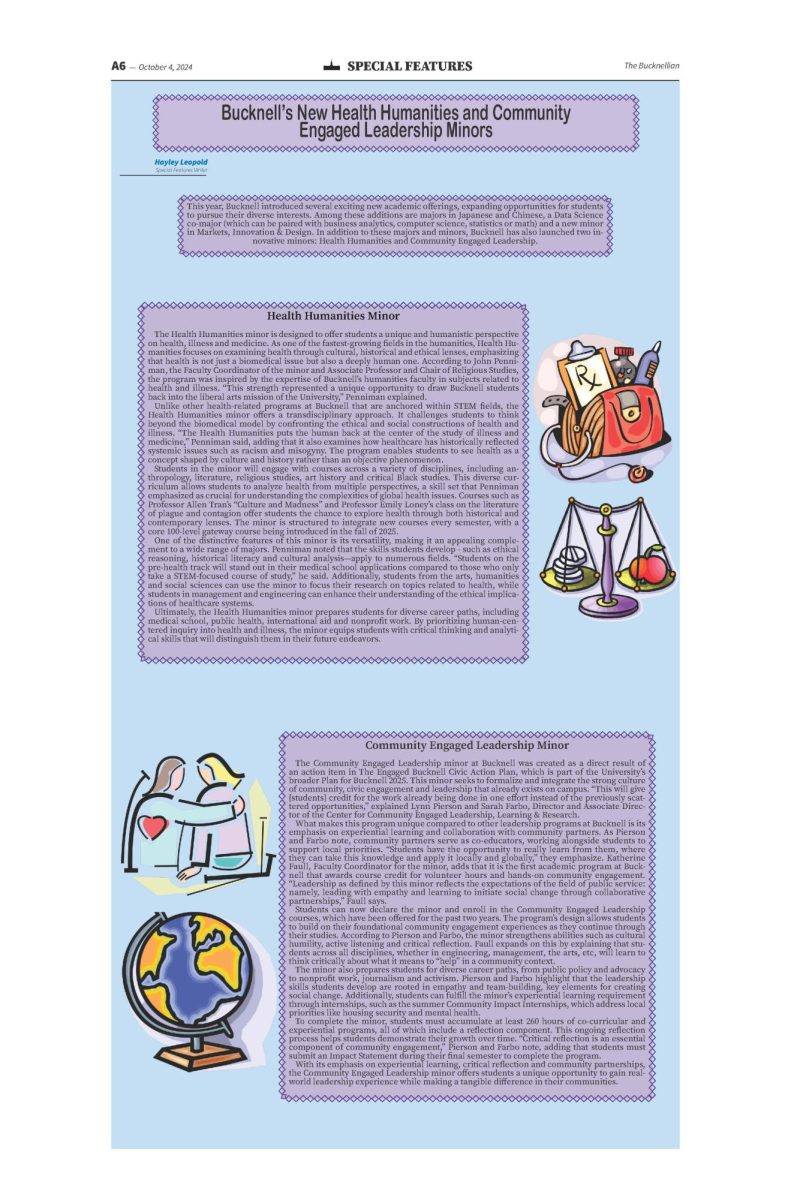Students offer input on foreign sustainability
April 14, 2016
Several students majoring in the sciences met to speak on a panel on April 8 to discuss how their experiences abroad altered their perceptions of foreign cultures’ environmental sustainability. Held in the Elaine Langone Center, the event was moderated by Associate Professor of Geography Duane Griffin.
Before introducing the panelists, Griffin discussed the complex nature of sustainability, stating that “[w]e can’t even define it, so ranking is pretty hard.” Griffin continued to emphasize how the United States is one of the least advanced countries in the world in terms of sustainability, pointing out their dismal position on a graph that indicated the Human Development Index (HDI) rankings of different countries.
Tess Winebaum ’16, a Managing for Sustainability (MSUS) major, traveled abroad to Tokyo and attended the panel. She said that it was a “very clean environment to be in,” and that she was “shocked” when first returning to the United States and taking in the sheer amount of litter scattered throughout the country’s environment.
Since the Fukushima power plant disaster in 2011, Japan has completely shut off nuclear power as an energy source and turned to less clean forms of energy such as fossil fuels. According to Winebaum, the country is currently debating whether or not to re-integrate nuclear energy into their economy.
Tamara Hijazi ’17, who is double majoring in biology and women’s and gender studies, went abroad to Panama. Hijazi explained that the purpose of the trip was to understand both economic and environmental sustainability; students spent six days a week outside in the field rather than in a classroom. Hijazi said that Western countries do not consider how their choices affect other countries, particularly focusing on how their influence introduced plastic to the Panama coasts in the ’90s, and now litter covers almost every inch of the island.
“We [Americans] need to talk about how we influence other people’s livelihoods and their perception of sustainability,” Hijazi said.
Meredith Lutz ’17 is double majoring in animal behavior and applied mathematical sciences, and she discussed the traditional lifestyles of Madagascar natives. These natives hunt lemurs for food and designate other areas for protection. Unlike the United States, in which decision-making—in terms of managing resources—is always carried out with an attitude of “let’s make the best decision now,” Lutz described Madagascar as a place that manages its resources with much precision and deliberation.
Jennifer Brady ’16, an animal behavior major, studied abroad in Australia. Brady said that she was “not surprised to see that it was even worse than [the United States] in terms of global sustainability.”
Water is a very large issue in Australia: the rivers are extremely dry, which requires a huge population of the country’s citizens to live on the coast. This leads to clogged land and destruction of the natural environment in order to make room for more homes and organizations. Additionally, Australia has some of the highest extinction rates in the world. Even worse, many of these species are endemic and live exclusively in Australia. It was also recently named as the developed country with the “worst treatment of indigenous peoples.”
“It was a great forum for students to learn about alternative study abroad experiences while gaining perspective into global sustainability issues,” Katie Sidlowski ’18 said.


























